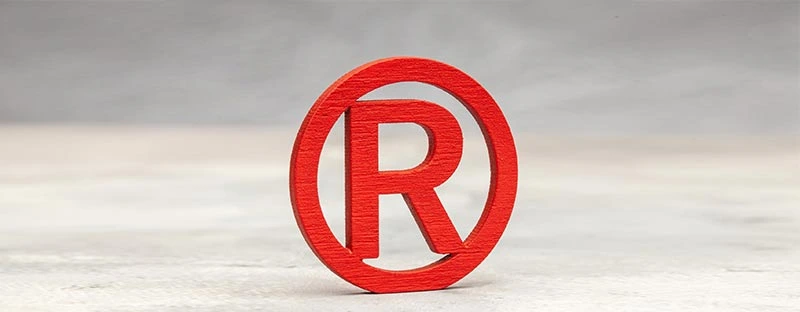See whether a name, logo, or phrase is already registered across major databases, and keep an eye on new activity with Protect.TM.
Why Trademarks Are Important for Small Businesses and Startups
Written by Emily Brooks ·

When you think of trademarks, it somehow always conjures up images of huge corporations. Coca-Cola. Apple. Nike. McDonald’s. Ford. If you’re running a small business (or planning to create one), you might think that the need to register a trademark is something to be done in a future so distant it isn’t even worth considering.
But don’t be so sure. Small businesses are uniquely positioned to gain from trademarking their brand and services. Here’s what you need to know.
Trademarks Make Your Business Recognizable
In short, a trademark is a protected word, phrase, symbol, or design that distinguishes the trademark holder within their industry. For example, the Coca-Cola trademark covers the distinctive “swirly” script of the logo and the bottle’s contour. It’s why you can’t find any other soft drink with the same type of design on the shelves.
And that part of trademarking is what can help a startup break into the scene. By registering a trademark, you’re essentially making yourself a known value in your industry. No company that provides the same services can use similar logos, designs, or marketing phrasing (within the trademarked region).
Fosters Positive Competition
As loathsome as it may be to admit, capitalism thrives on competition. Your small business idea only works so long as it is functionally different, or better, than existing solutions on the market. But when you do reveal it to the world, you gain very little protection against someone trying to pilfer it.
Trademark registration goes a long way toward ensuring that someone can’t copycat and piggyback on your hard work and steal your customers. A trademarked design and/or logo will ensure that your company’s work is inherently protected from similar brands.
This leads to a “healthier” type of competition. While most businesses won’t be able to fully patent their offers (which would give them full protection on the product), your competition will be forced to use different marketing, even if they offer a similar service. Customers are less likely to confuse your work with someone else’s and get a copied product by mistake.
Creates a Legal Framework to Defend Against (or Mediate) Infringement
Registering a trademark is akin to calling legal “dibs” on using particular branding for your services. In the rare event that your company does end up finding a copycat competitor, a trademark goes a long way toward resolving it.
With a registered trademark, you have a clear and distinct paper and legal trail to follow to resolve the issue in court. Cease and desist actions are typically the first line of “defense” to prevent a copycat from infringing on your trademark. After that, court proceedings (in federal or national courts, depending on the country or jurisdiction) will get wrapped up much quicker, regardless of the result. This will help save you money that would go to expensive lawyers and lengthy lawsuits.
Improving the Brand’s Value
A trademark can help boost your business’ evaluation in a few major ways.
First, it directly helps with your business reputation. While registering a trademark isn’t particularly expensive (all things considered), it still takes time, money, and effort to do so. A small business owner going through the effort indicates that they truly believe their company will reach greater heights and have done the work to ensure high standards of quality. Customers will associate the trademark sign with that quality and be prepared to pay for it.
Secondly, a trademark is uniquely attractive to investors. By showing that you’ve done the research on brand competitiveness and are willing to back your offer with a trademark, you can potentially secure more investments. The trademark offers increased security, which most investors value as much as the actual business potential.
This might not be helpful in the initial stages of building a startup. However, it can be invaluable when transforming a one-man fledgling operation into a fully realized business ready to go international.
Finally, some territories have signed specific trademark laws that allow a trademark to be considered a company’s intellectual property. This can allow your business to secure more bank loans. The flip side is that if your business defaults on the loan, the lender will “take over” your trademark. Additionally, many banks are still unwilling to work with startups regardless, so you might not find much value in getting a trademark solely for finding loans. However, once you get your business established, it can be an added source of financing options.
Are There Any Cons to Getting a Trademark as a Startup?
While a trademark goes a long way toward making sure your business is protected, it doesn’t actually provide any protection from other companies trying to challenge it. While a solid trademark usually means you’d win any lawsuits, you’d still have to go through the hassle of going to court and paying lawyer fees. They’d just be smaller and less frequent.
Additionally, registering a trademark can take a significant amount of time, in some cases even lasting a year or more. It can be a daunting prospect, especially in an era where startups might end before their first “birthday.”
However, once you do get a trademark registered, protecting and renewing it is significantly less expensive. After that, it’s practically all upsides.


